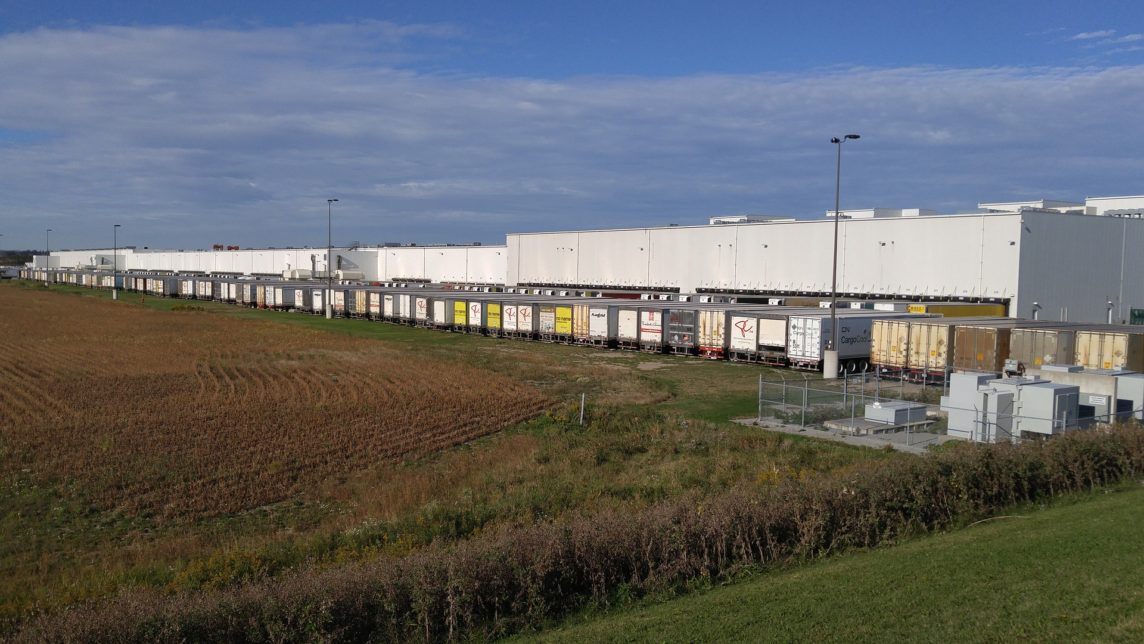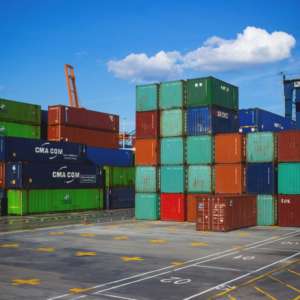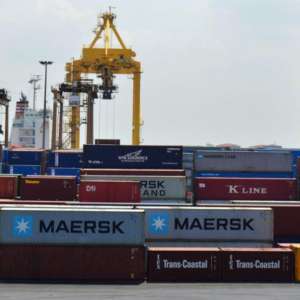Relationships are the foundation of a well-functioning supply chain, but when it comes to relationships between shippers and carriers, there is often room for improvement. For years, friction between carriers and shippers has simply been the status quo, but major changes to the logistics landscape mean that it’s more important than ever that both parties establish strong ties of communication and respect.
Time is a truck driver’s most valuable resource, and long detention times are the primary source of frustration with carriers. Drivers typically expect to be docked for a standard two-hour window, but in a 2016 survey, nearly 63 percent of drivers and owner-operators reported wait times of over three hours. While carriers usually demand detention fees after two hours of waiting, shippers often refuse to pay them or alter their records of in/out times to avoid paying the fee. Even when carriers manage to collect the fees, they rarely cover the costs incurred by the disruption of drivers’ schedules. Worse even than lost revenue, long detention times can actually lead to accidents when truckers engage in unsafe behaviors to make up for lost time; the FMSCA found a “strong positive relationship” between long wait times and involvement in crashes.
Long wait and detention times have been a cause of tension between carriers and shippers for years, but the arrival of the ELD mandate in December is poised to turn the situation into a crisis. ELDs demand that drivers account for their hours of service with greater rigor than ever before, which makes it vital that shippers set up their processes to efficiently load trucks within the two-hour windows. Shippers, for their part, should expect their carriers to have begun ELD implementation before the mandate takes effect in order to avoid sudden capacity shortfalls, but should also exercise a certain amount of patience as carriers adjust to the new system.
Though the demands of the ELD mandate may further strain relationships between shippers and carriers, ELDs are also ushering in a new wave of technology with the potential to greatly improve efficiency and communication. There are numerous suites of ELD-compatible software on the market with the ability to fully integrate communications between carriers and shippers. Many of these programs offer real time tracking of both shipments and drivers, digitized paperwork, and indisputable records of drivers’ in/out times. If a shipment is unready for pickup, shippers can alert drivers and reschedule their appointment, saving all parties a great deal of time and frustration.
Carrier relationships aside, there are other reasons why tightening loading and unloading windows is in the best interest of shippers. This month, Wal-Mart is launching its On-Time In-Full (OTIF) initiative, which punishes both early and late deliveries with steep fines that are levelled at shippers, not carriers. Other retailers are expected to follow Wal-Mart’s lead, so keeping shipments on time will soon be not merely a matter of courtesy to carriers, but a matter of necessity for shippers.
Streamlining the loading and unloading process is of paramount importance for shippers who want to forge a strong carrier relationship, but it’s not the only step worth taking. Shippers must attempt to honor their tonnage and scheduling commitments if they expect the same level of reliability and service from their carriers and brokers. There is nothing worse than competing for business, being awarded that business and then receiving a fraction of the commitment. Network consistency is the key to managed costs and reliability amongst your supplier base. It’s also crucial to foster an atmosphere in which drivers are treated with respect. Be courteous, have a clean waiting area, restroom a place for water or coffee. A little kindness goes a long way. No shipper can afford to alienate this valuable workforce and given the ever-worsening driver shortage, having a good reliable carrier or broker will better equip your company to manage crises and capacity needs.



